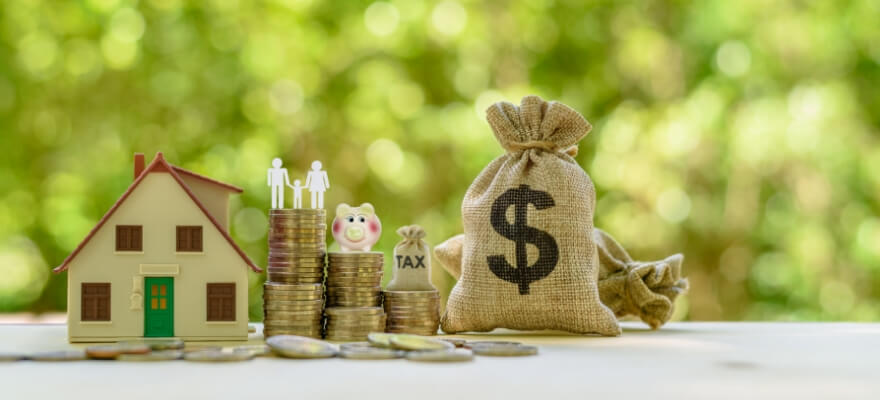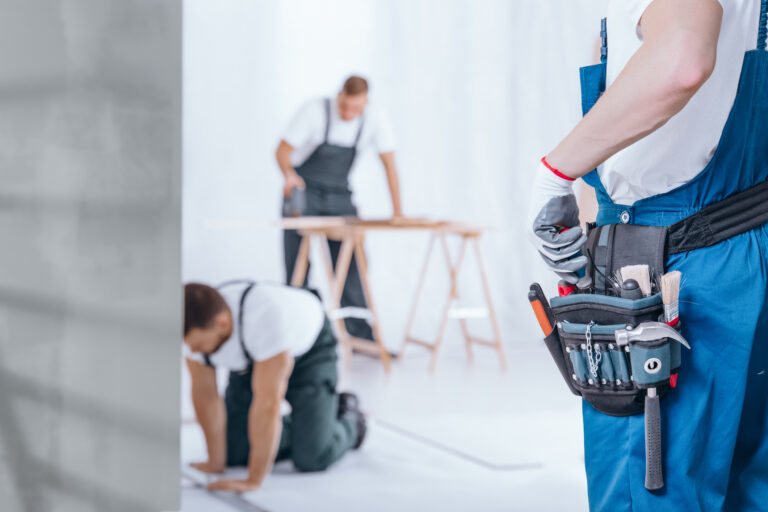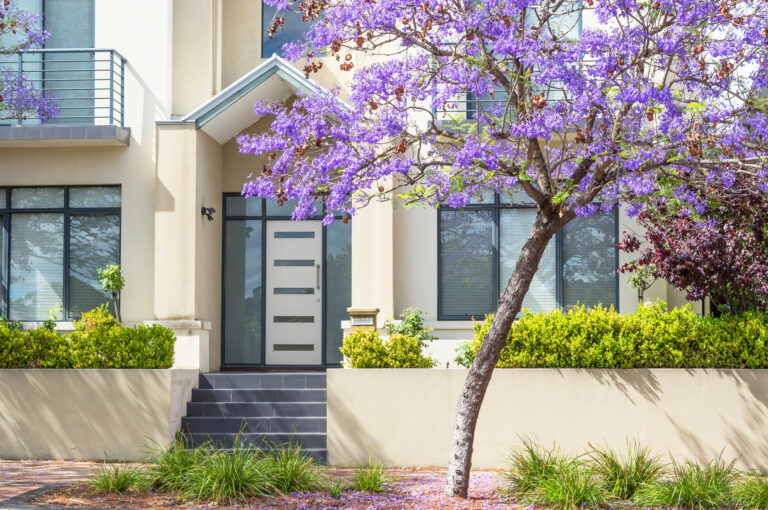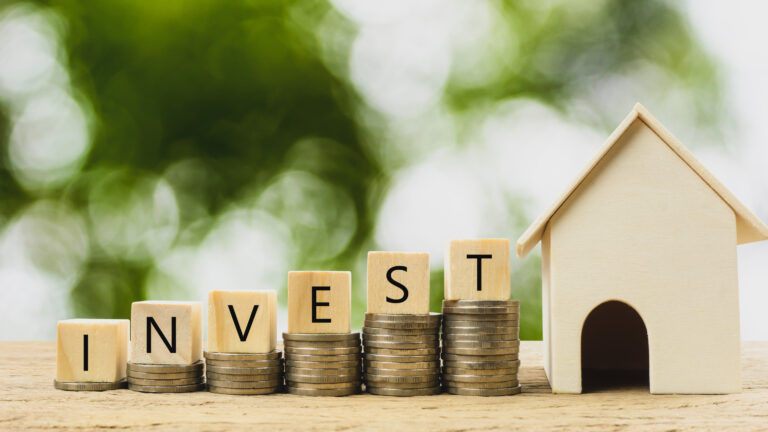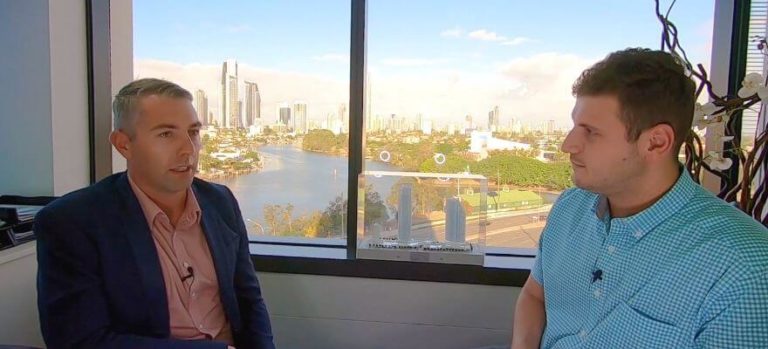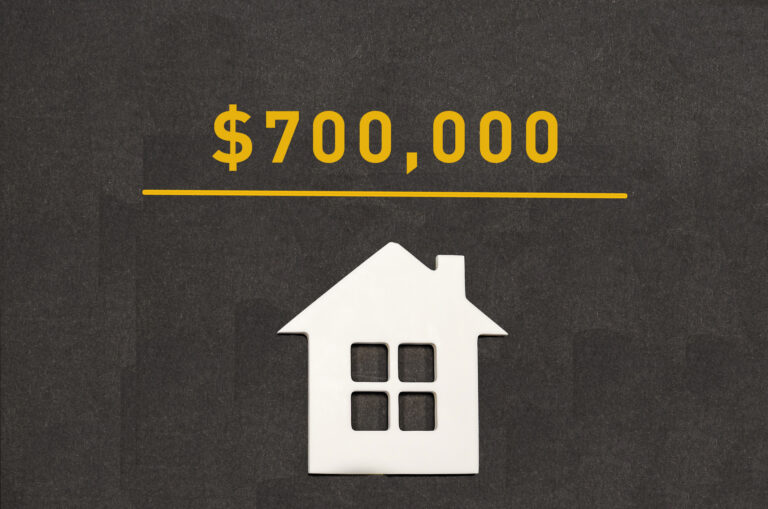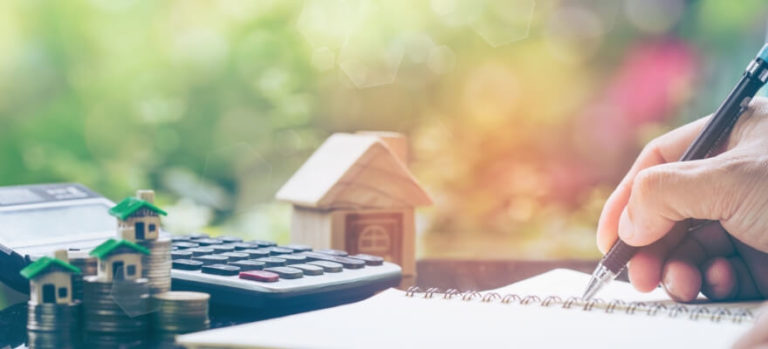Investing in property is an exercise in capital growth, and the aim is to choose a property that will increase in value and retain its market appeal. Choosing a home to live in has different considerations compared to choosing a home for investment.
Property is traditionally a solid long-term investment, especially when enough research is done beforehand to ensure it offers a steady rental income stream and capital growth.
Investment Property Considerations Include:
- Choosing an area where rental income is high compared to property prices
- Recent sale prices of similar properties
- Vacancy rates in the suburb – your local real estate agent will be able to help with this information
- Council or government plans – check for planned zoning changes or nearby developments as these can affect property prices
- The property’s access to transport, schools, hospitals, and shopping centres
- Potential maintenance and rates costs
How To Borrow
Once you have your own home and have spent a few years settling in, paying the mortgage and allowing a little capital growth (hopefully), you may be well placed to purchase an investment property using the equity in your home.
Equity is the difference between the value of your home and how much you owe on it – so the longer you wait to purchase an investment property using equity, the better. For example, if your home is worth $400,000 and you still owe $220,000, your equity is $180,000. Although keep in mind you cannot borrow against the full value of your equity.
Once you determine your budget and find a property where rent will comfortably cover the repayments, it is time to open serious conversions with your lender.
Manage Your Investment
Once you have your investment property it is important to manage the incoming and outgoing to ensure it does not place you under financial strain.
Many expenses related to an investment property can be offset against income from rent, and you could be eligible to claim depreciation on assets such as furniture, carpeting, and white goods.
Understand the Costs
While managing the incoming and outgoing of an investment property may seem simple on the surface, there are a number of regular expenses which can go overlooked until they need to be paid. Planning ahead for expenses such as rates and taxes can assist in keeping the property profitable and positively geared.
Common expenses include:
Purchasing
- Legal and conveyancing fees
- Pest and building inspections
- Stamp duty
- Deposit/equity
Ongoing
- Maintenance
- Property Management Fees
- Property Insurance
- Council and water rates
- Land tax
- Body corporate fees
